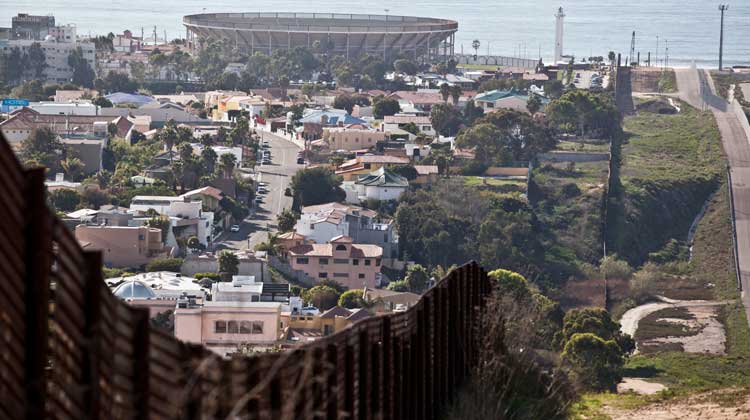
From In Homeland Security
The second decade of the 21st century is governed by crises of displacement and refugee resettlements. The United Nations High Commissioner for Refugees (UNHCR) reports that one in every 113 people on earth is an asylum seeker, internally displaced or a refugee. From 2015 to 2016, over 8,000 men, women and children died trying to cross the Mediterranean to Europe. By the end of 2015, 65.3 million people worldwide were displaced, making the refugee crisis one of utmost political urgency.
The photo of Alan Kurdi, a three-year-old Syrian boy who drowned when his family tried to cross the Mediterranean from Turkey to the Greek island of Kos, captured the essence of the helpless refugee in need of protection.
This image played a significant role in the 2015 Canadian federal elections when the Liberal Party pledged to bring 25,000 Syrian refugees into Canada by the end of the year. The Liberal Party won the elections and delivered on its promise.
As Prime Minister Justin Trudeau said, “Canadians get it. This is about doing the right thing, about living up to the values that we cherish as a country.” Trudeau’s statement embodies the sense of ethical solidarity and echoes the UN mandate to assist and protect refugees.
Proper Balance
But what is the right thing to do? What is the proper balance between using our society’s limited resources to benefit its members and helping the stranger who seeks asylum from persecution and terror? Is there a philosophical framework that can extract from this dilemma a position that can become policy?
A good place to begin is French philosopher Jacques Derrida’s idea of hospitality. He explores the ethical and political dimensions of hospitality and concludes that all acts of hospitality eventually lead to a struggle between the need to sustain self-interest of both the hosts and the guests, and the deeper ethical obligation to accept the “other” in his or her complete “otherness.”
Continue reading here.
Share